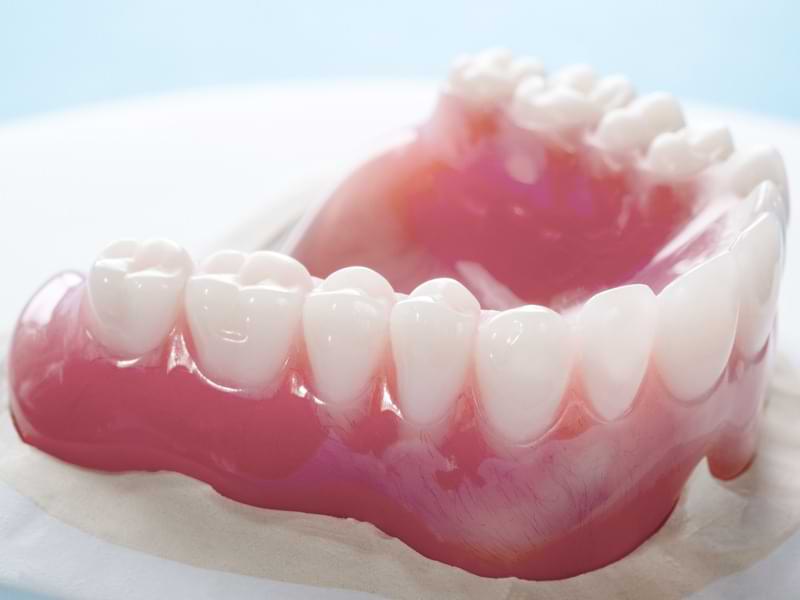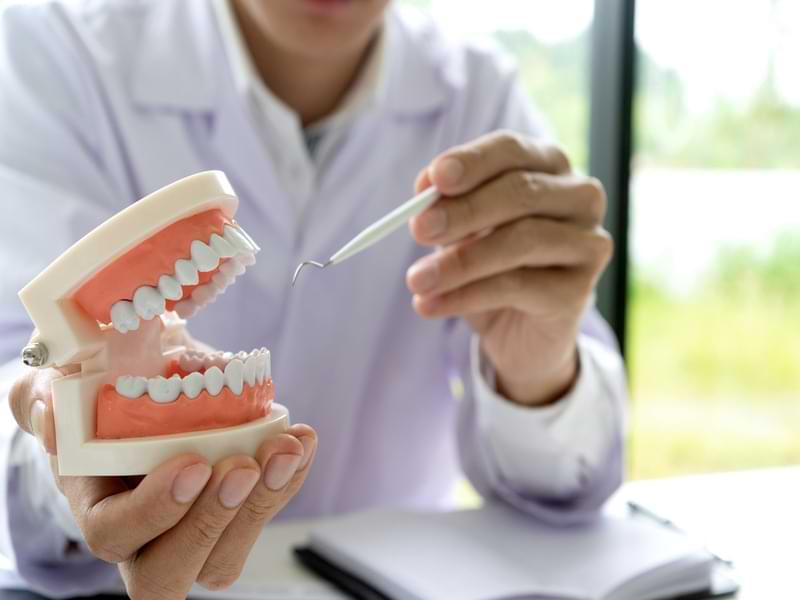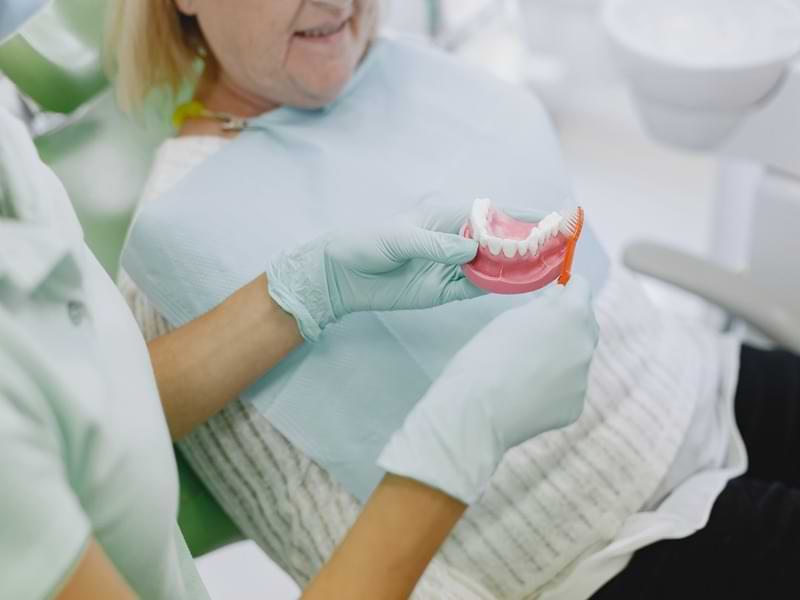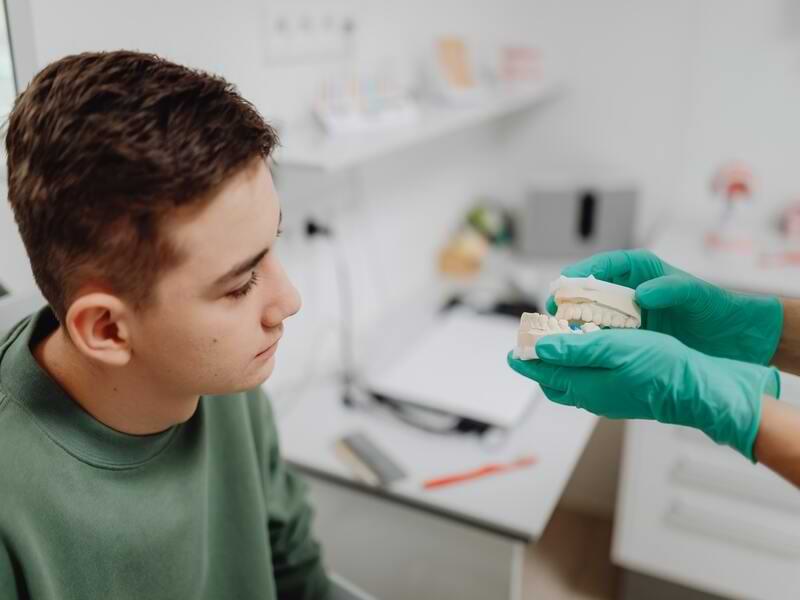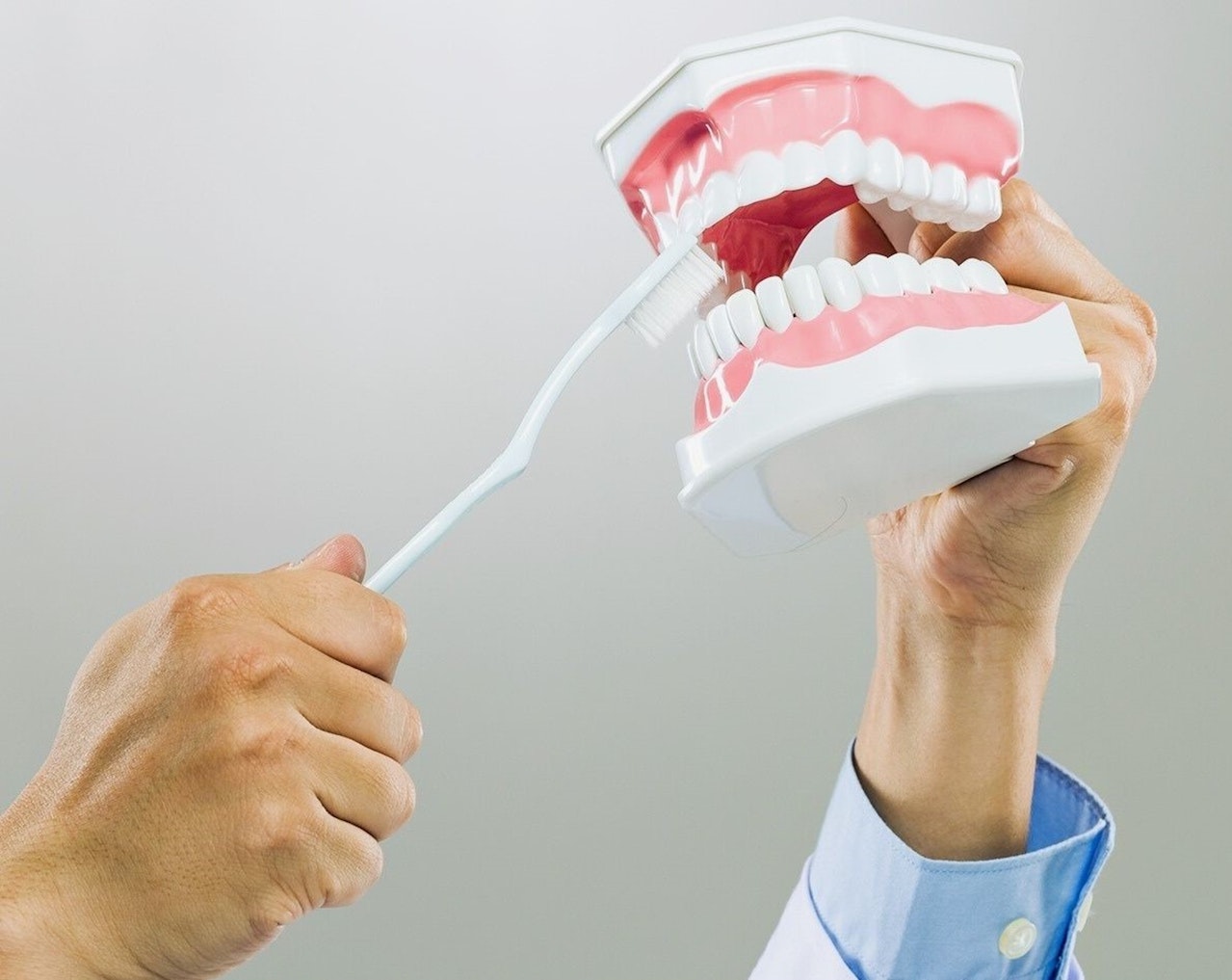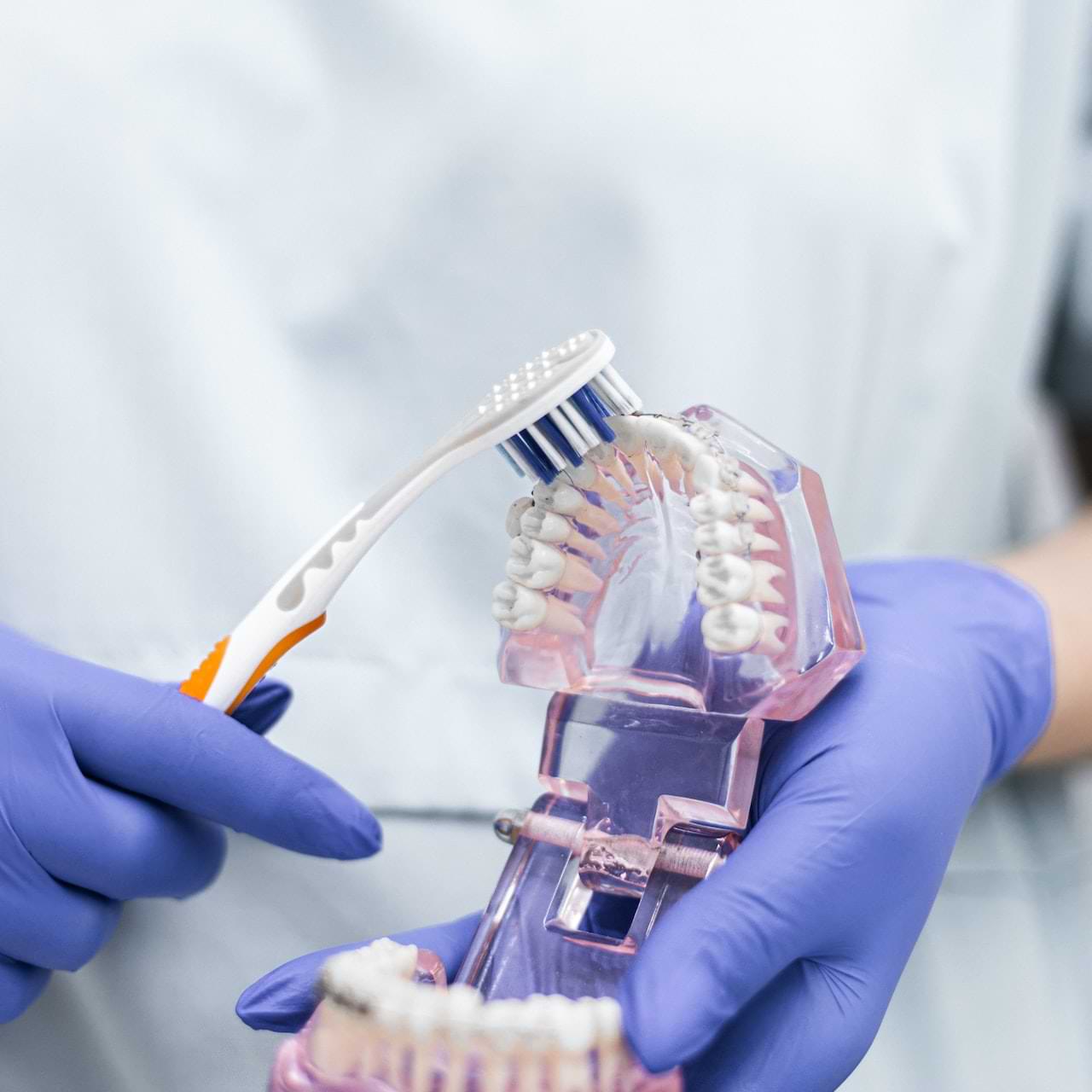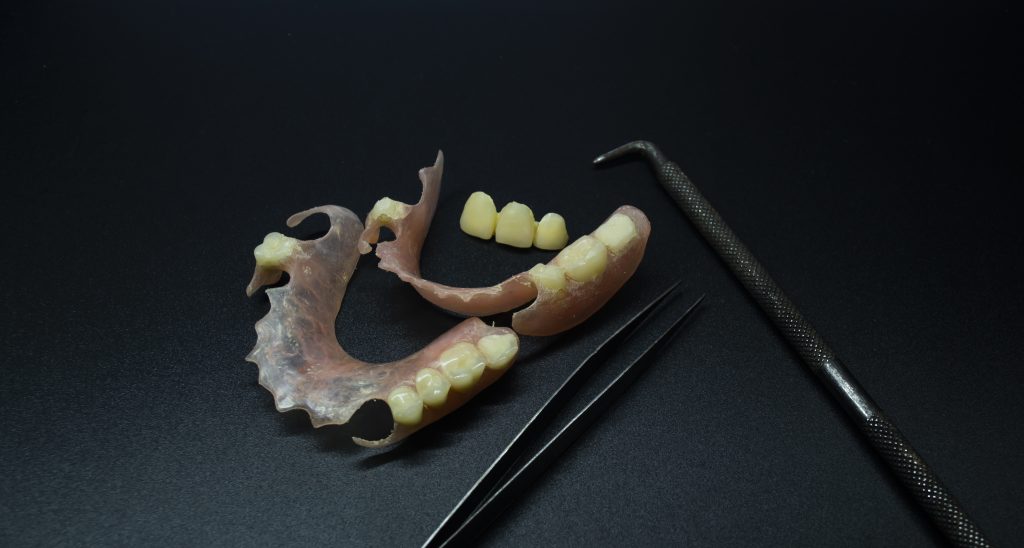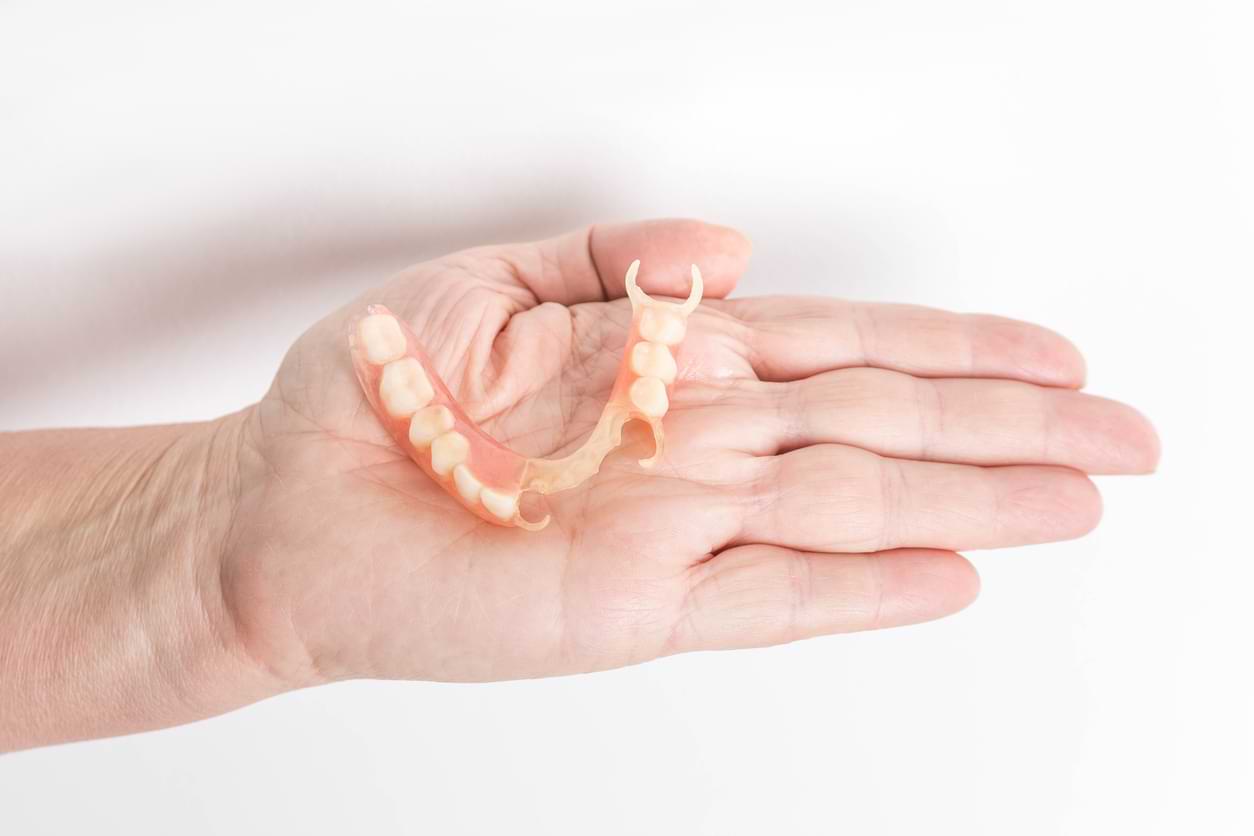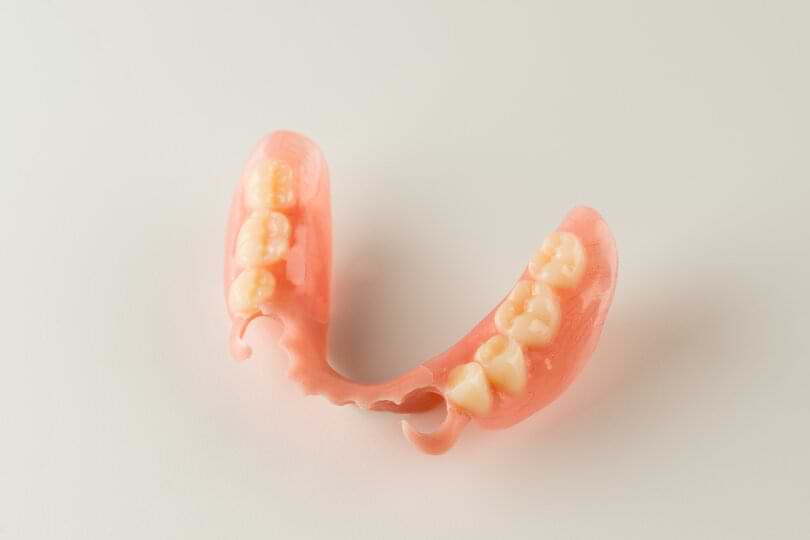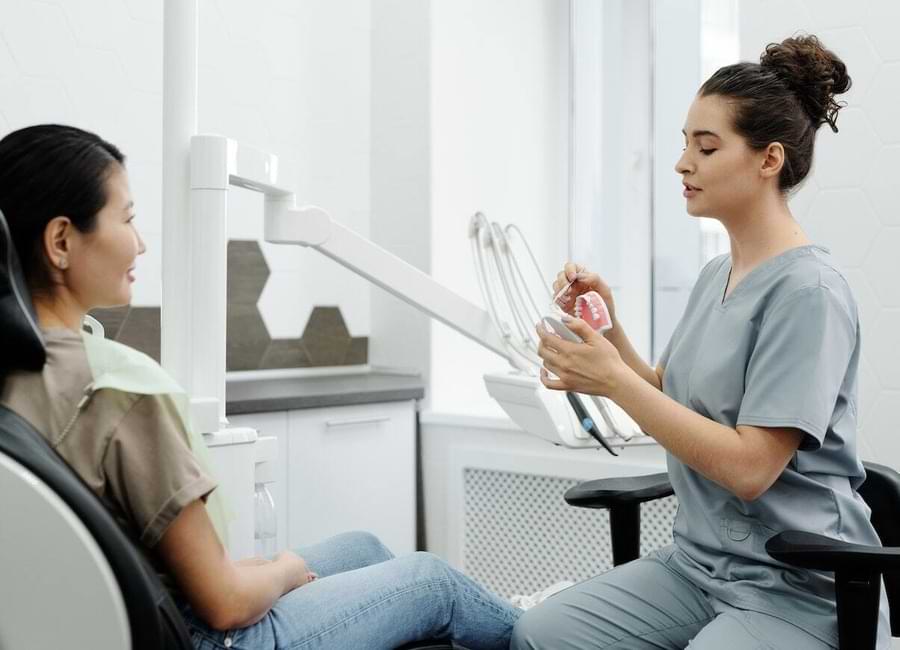
Dentures are a fantastic long-term solution to missing teeth. They are tough and durable, fulfilling the visual and functional requirements of healthy teeth for 5–10 years easily. However, even false teeth of the highest quality can break or become damaged. It can be easy to drop our dentures or accidentally bite awkwardly on hard foods, causing fractures, chips or even full breaks.
Over time, dentures can also become more fragile and therefore susceptible to breakage. When they do eventually become damaged, it’s important to know that dentures can be repaired. However, you need to fix them properly, and not cut any corners. Poorly mended dentures will not function properly and will cause further issues for both the dentures themselves and the person wearing them.
3 Denture Repair Mistakes to Avoid
1. Using Super Glue
When your dentures break, you might be tempted to use superglue to fix them up. This method might be the cheaper and easier option in the short term, but ultimately it will only cause further issues. Super glue is toxic and should not ever go in your mouth.
Furthermore, most of the commonly used household glues are fickle when it comes to dental ceramic, meaning that the glue will destroy any joint you are attempting to repair. It is also very difficult to perfectly align the broken pieces, and even a slight bump can lead to a lot of discomfort in your mouth. A misalignment might even damage your gums and tongue.
2. Realigning Them Yourself
Attempting to adjust or realign removable dentures when you don’t have the proper knowledge and expertise can be incredibly damaging. Even if you don’t damage the false teeth further, you will probably end up with an improper fit, which can cause discomfort and affect your ability to speak and chew.
Denture adjustments require precision and an understanding of the patient’s bite and oral anatomy. This is why it’s vital to rely on the expertise of a dental professional who has the necessary skills and tools to make precise adjustments to your dentures.
3. Delaying Repairs
Ignoring or delaying necessary denture repairs can exacerbate existing issues and lead to more significant problems. Even minor damage, such as a crack or chip, can worsen over time and impact the overall functionality and fit of your denture.
Therefore, it’s important to address any damage or discomfort promptly by scheduling an appointment with your dentist or denture specialist. They can then assess the situation, determine the appropriate repair method and prevent further complications.
Who Can You Trust to Repair Your Dentures?
Rather than repairing your dentures at home, you should always seek assistance from a professional. Professionals have the specialised tools, equipment and dental laboratories required to perform precise and high-quality denture repairs. They can ensure that the repairs are done using suitable dental materials and techniques, resulting in durable and functional false teeth.
Furthermore, professionals have a deep understanding of oral health and the intricate dynamics of your mouth. They can assess not only the structural integrity of your dentures, but also their fit and comfort within your mouth. This ensures that the repaired dentures will provide optimal function and prevent any potential oral health complications.
How Much Does It Cost to Have Dentures Professionally Repaired?
The cost of properly repairing dentures can vary depending on several factors, including the severity of the repair needed and the specific materials and techniques involved. Minor repairs, such as small cracks or adjustments, may be more affordable compared to major repairs that involve significant reconstruction or replacement of denture components.
If your dentures are extensively damaged or worn, it may be more cost-effective to replace them entirely rather than invest in repeated repairs. It’s important to consult with a dentist or denture specialist to assess the condition of your dentures, discuss the repair options and obtain an accurate cost estimate. They can provide guidance on the most suitable and cost-effective solution for your specific denture repair needs.
Do You Need Emergency Denture Repair Services?
Whether it’s a significant or small break, it is important to seek professional assistance as soon as you can. Your dentures are essential for your daily functioning, and their quality can also have an affect on your oral health. For reliable denture repair services, trust the dedicated team at Direct Denture Care. Contact us today or make an appointment at our denture clinic in Perth, and your dentures will be fixed in no time!

